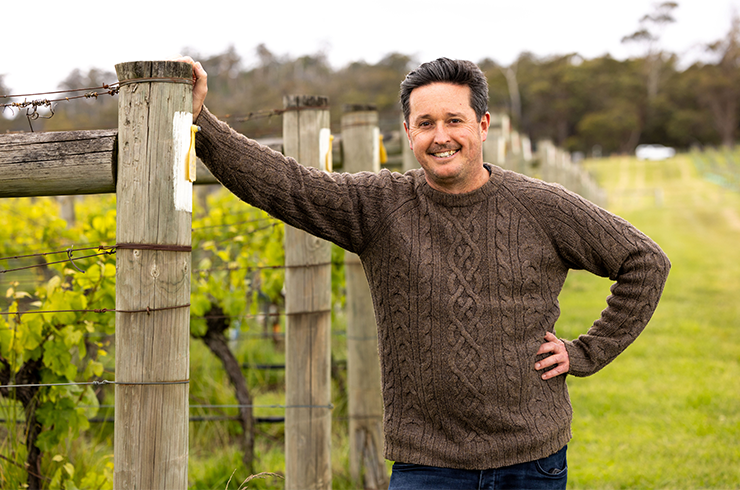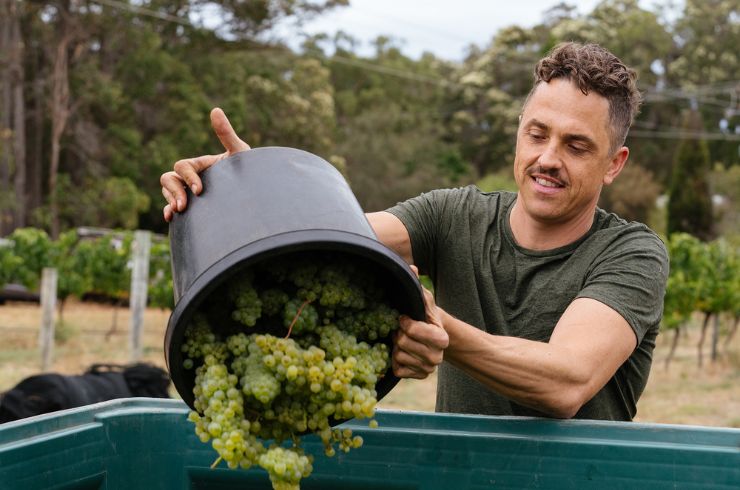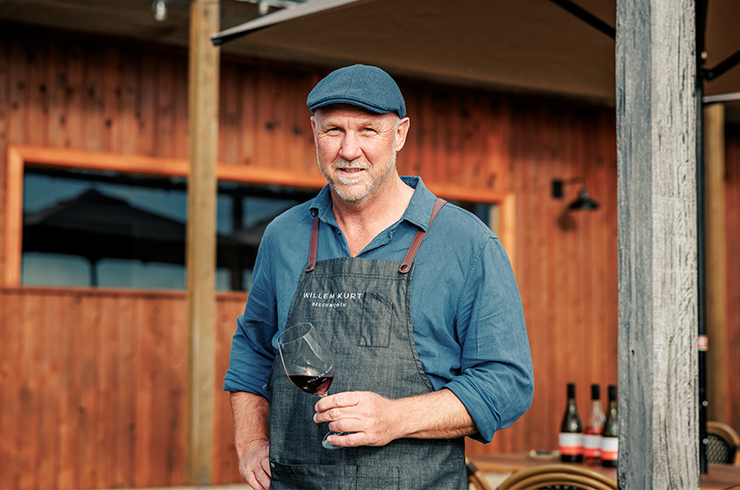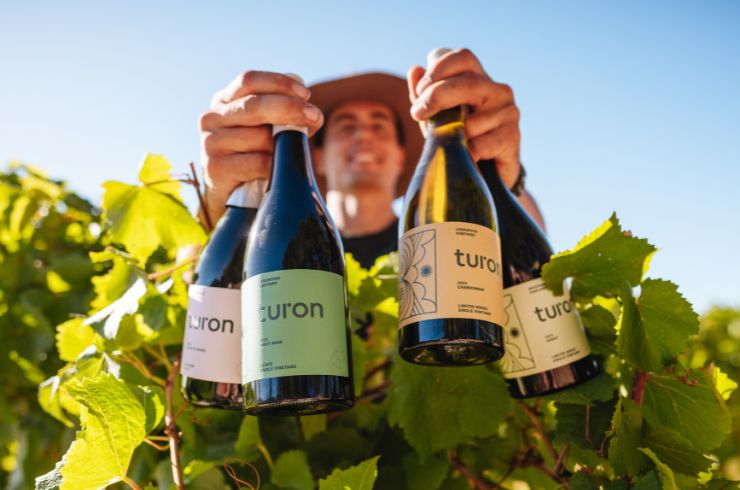One of the most common questions I get asked is: "How do I get better at tasting wine?"
Many people mistakenly believe that some individuals are naturally gifted with the ability to taste wine. But like any newborn baby, we enter into this world with a palate that aligns with milk and the signature taste of our own thumb.
The truth is, developing your palate is a skill that requires time, effort, and perseverance. Don't worry though – the journey isn't as daunting as it may seem and the ‘leg work’ isn't so bad.
When it comes to deciphering wine, our senses of sight, aroma, and taste play crucial roles.
Our visual perception of wine provides clues about what we can expect in terms of aroma and taste. Aroma, specifically, refers to the scents we perceive through our nose and retronasal olfaction, which is the link between our nasal and mouth cavities. Finally, taste is experienced through the tongue and our approximate 2000–8000 taste buds.
All of these senses can be strengthened over time by ... you guessed it, repetition.
While some of us naturally derive more pleasure from the process of seeing, smelling, and tasting – anyone can improve their palate. Going from barely there to beef and brawn. Here are a few simple strategies that are a bit more exciting than 'three sets of 30 reps'.
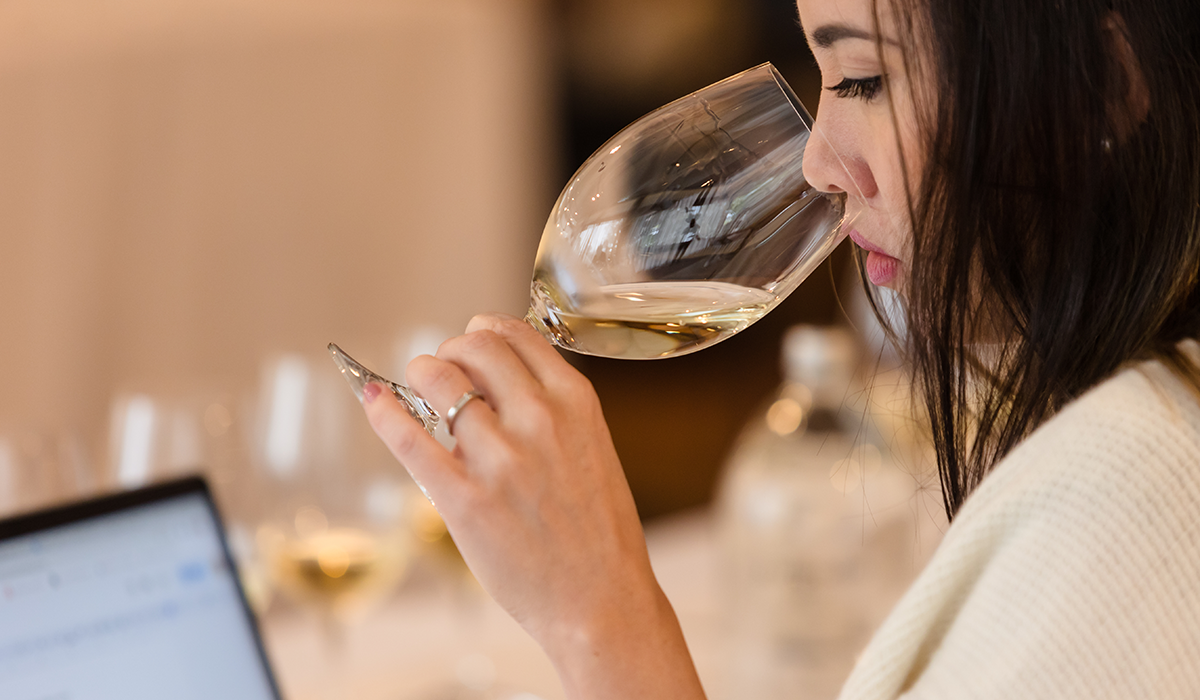
Start paying attention to aromas when you visit your local green grocer. As you stroll through the aisles, ticking off items from your shopping list, take a moment to notice the various aromas associated with the fruits and vegetables you're selecting.
How does the scent of lemon skin differ from that of lime zest? Can you distinguish the smell of Swiss Brown mushrooms from oyster mushrooms? Do tulips have a distinct aroma compared to roses?
Research has shown that odours are closely linked to our memories through the olfactory signals that access our limbic system. Your ability to identify and communicate what you smell relies heavily on the mental rolodex you've built. If you engage in daily exercises to identify (and remember) aromas, it will greatly enhance your ability to recall those aromas when you're tasting wine later on.
Taste, on the other hand, involves different types of receptors that respond to a specific arrangement of chemicals that evoke the flavours we perceive. The receptor cells send signals to taste sensory neurons in the brain stem, which then filter and relay these signals. This process allows us to consciously perceive taste, experience its emotional quality and form lasting memories.
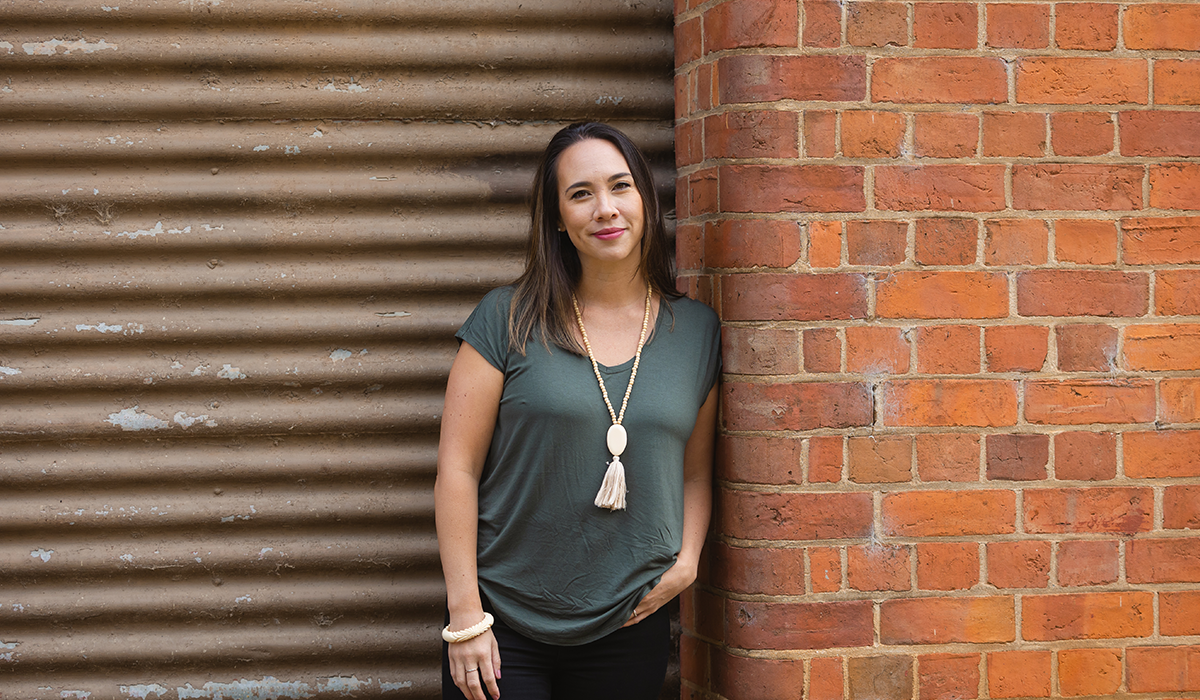
At the core of this intricate signalling system lies our innate ability to differentiate between digestible and indigestible foods – a distinction that can elicit either an enthusiastic "mmm" or a strong gag reflex.
Ask anyone who despises coriander and witness their passionate rejection of the soapy herb.
Our taste preferences are not solely shaped by genetics – cultural diversity and life experiences also play significant roles. Numerous studies have shown that our preferences for certain flavours are acquired through repetition. This brings us to the adage, 'practice makes perfect'.
With each wine tasting experience you reprogram your palate to become familiar with the tastes you encounter, while also discovering your personal preferences. Consider logging the wines you try in a spreadsheet or using wine-tracking technology like the Halliday Virtual Cellar. Think of these as your research notes. For example, you might realise that you enjoy shiraz but prefer those styles from warmer climates – like the Barossa, Mclaren Vale, and the Clare Valley. This collection of data will help you organise the information you gather and make more informed decisions when selecting your next bottle.
Try to identify wine descriptors and compare them to authoritative tasting notes or reviews. You don't have to use the exact same descriptors, but it will serve as a helpful benchmark for your progress.
Lastly, remember that developing your palate takes time. The Halliday Tasting Team spend countless hours at trade tastings, judging wine shows and building their wine collections. It's a process that is ongoing and ever-evolving and that's why we are so enamoured.
The silver lining is that with every cork popped, every screwcap or STELVIN® cracked and every glass poured, you are not only learning about the world of wine but you're also discovering more about yourself and how you perceive the world around you.
So, get studying. Embrace your inner wine nerd, and enjoy your work out!
Halliday members receive exclusive access to the ultimate guide to virtually tracking and storing wines with the Virtual Cellar.
Latest Articles
-
Behind the label
A tale of three vineyards: Handpicked Wines’ latest museum release chardonnays
29 Jan 2026 -
News
Inside Jolif Wines, a brand-new project from former Stella Bella winemaker Luke Jolliffe
29 Jan 2026 -
Behind the label
The quiet Beechworth vineyard behind Willem Kurt’s refined wines
29 Jan 2026 -
Meet the winemaker
Why Turon White is one of the Adelaide Hills' most exciting young winemakers
27 Jan 2026
